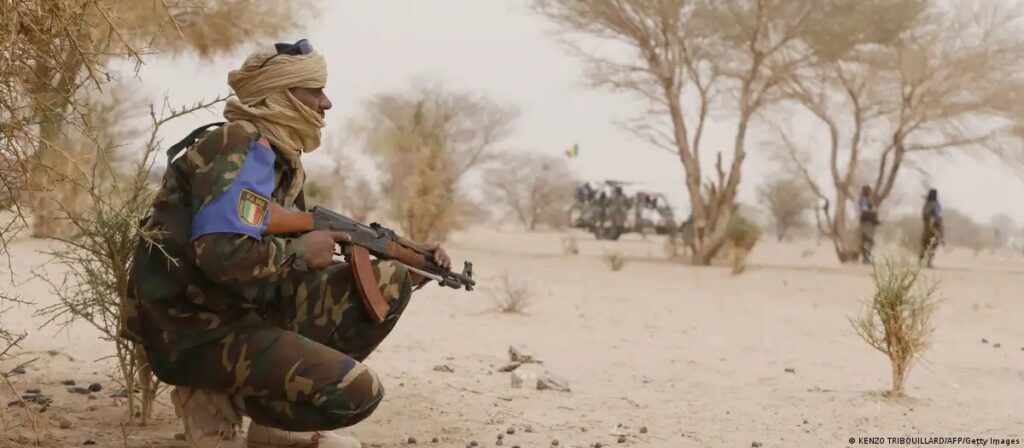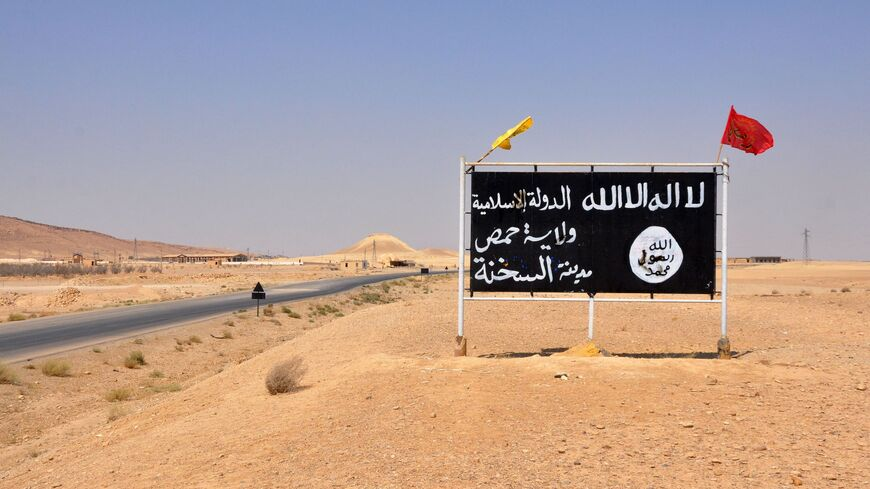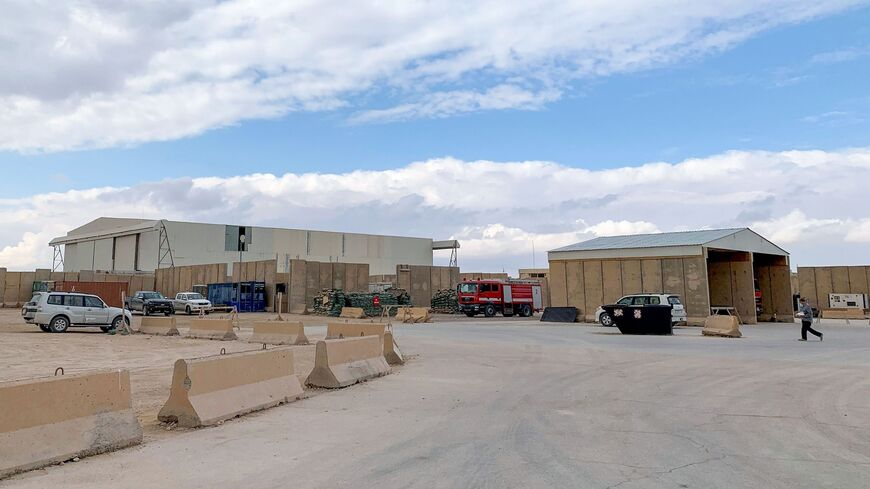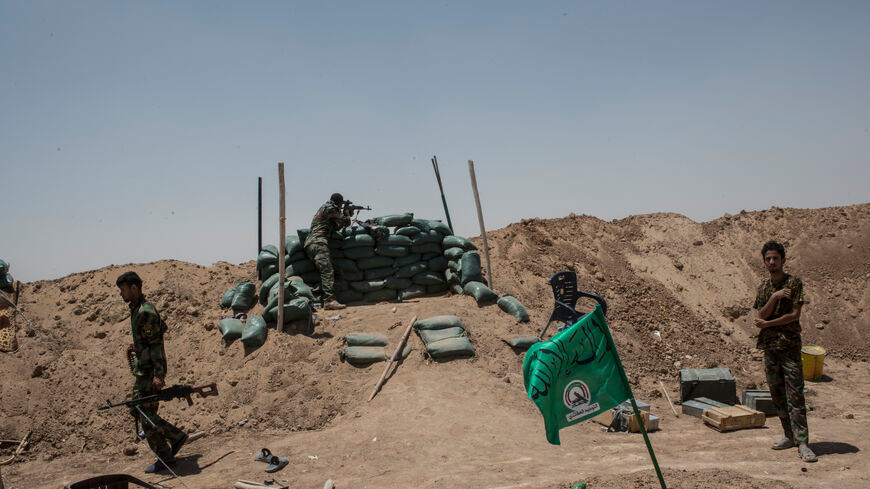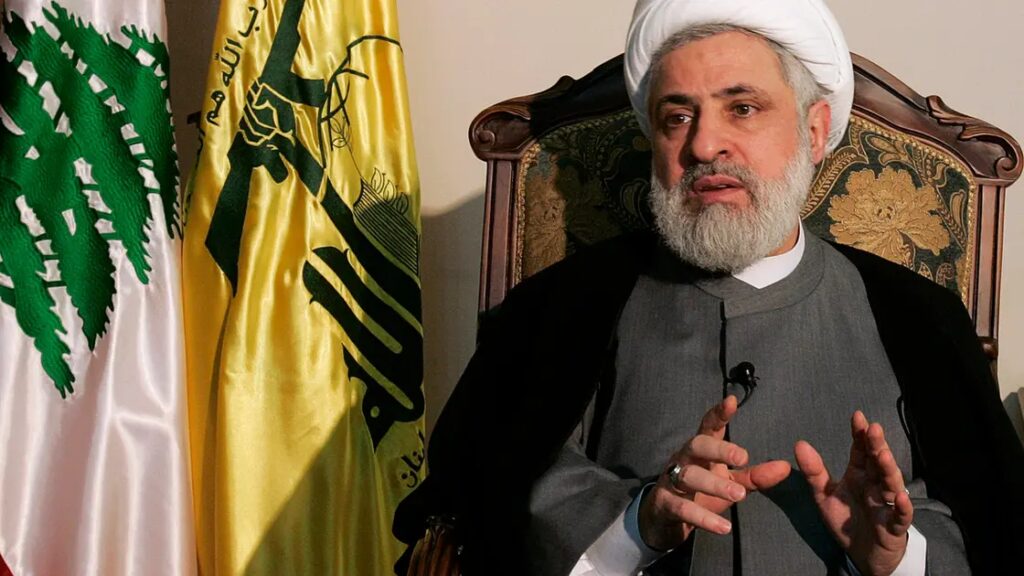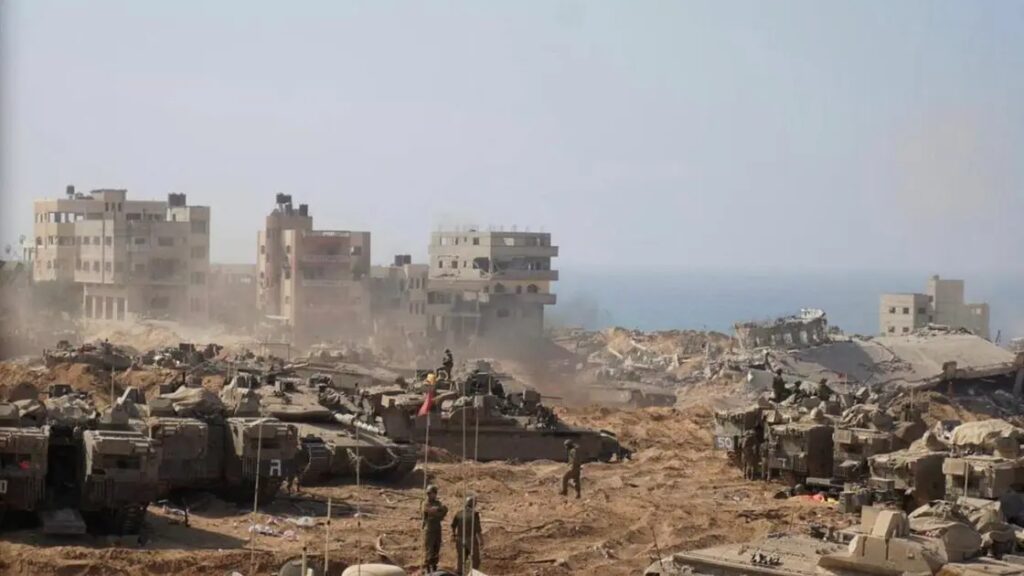Au Sahel, une personne se fait kidnapper par jour
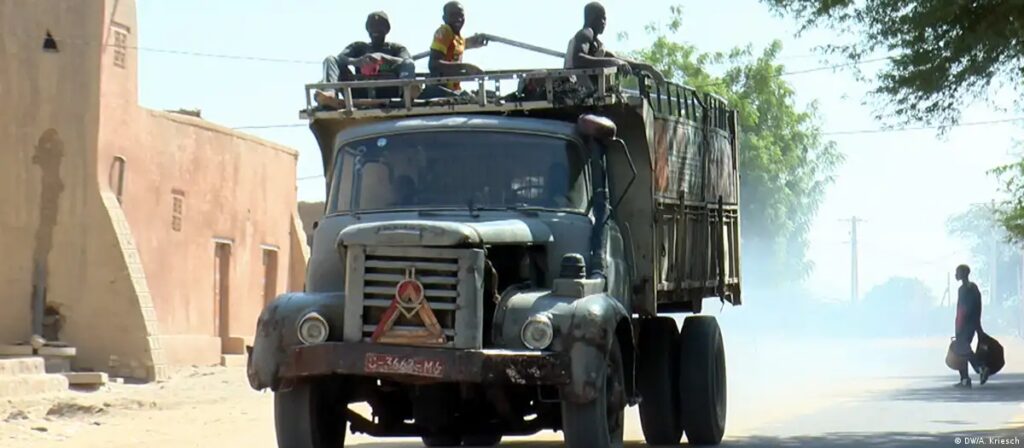
Selon une étude de chercheurs en sécurité, 180 personnes ont été enlevées au Mali et au Burkina Faso dans la première moitié de l’année.
Patrick se souvient encore de tous les détails. C’était le 15 juin dernier. Il était assis dans un bus qui roulait sur la route nationale 15, dans le centre du Mali. Tout d’un coup, le conducteur arrête son véhicule : des terroristes djihadistes lui bloquent la route.

